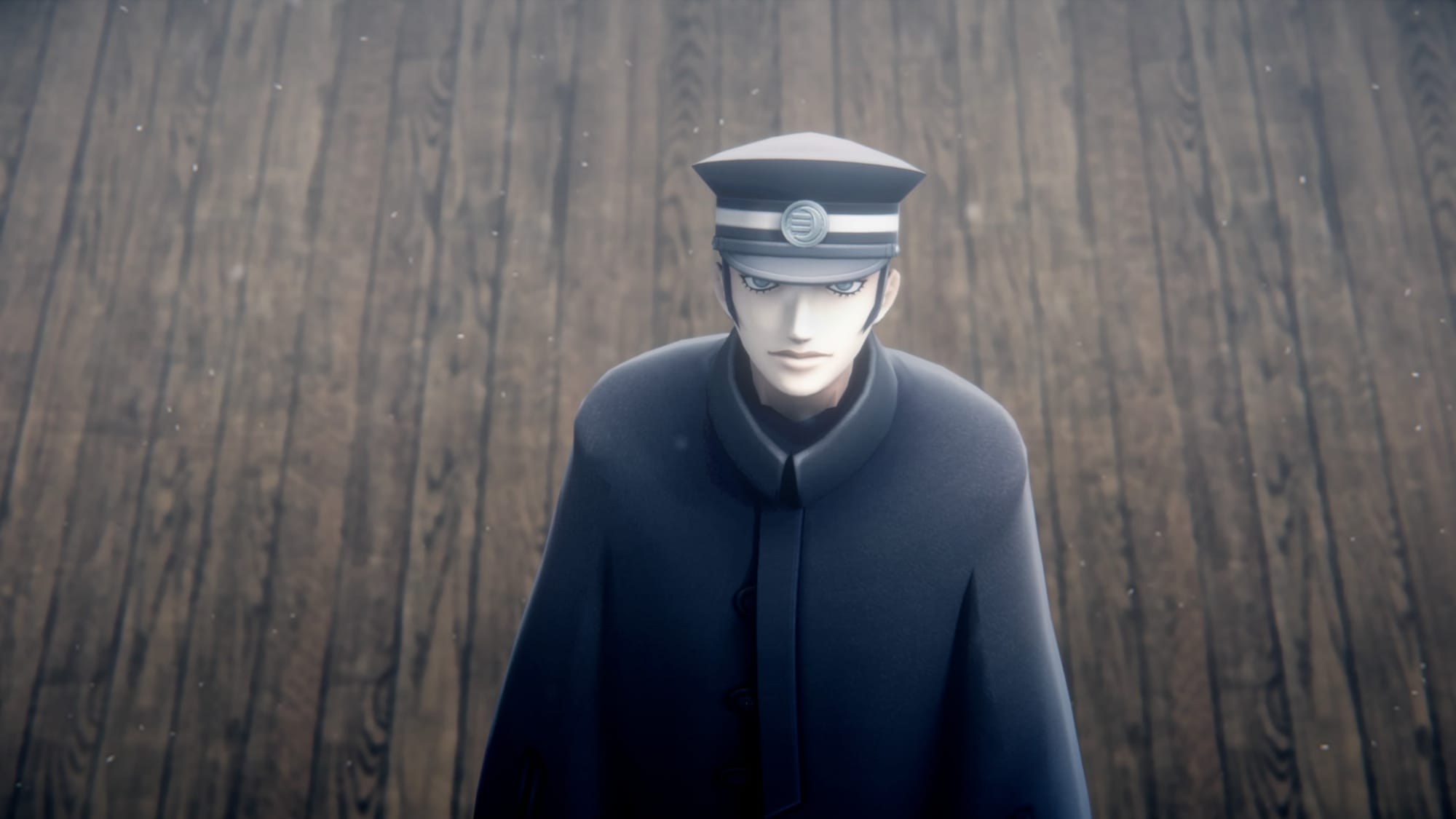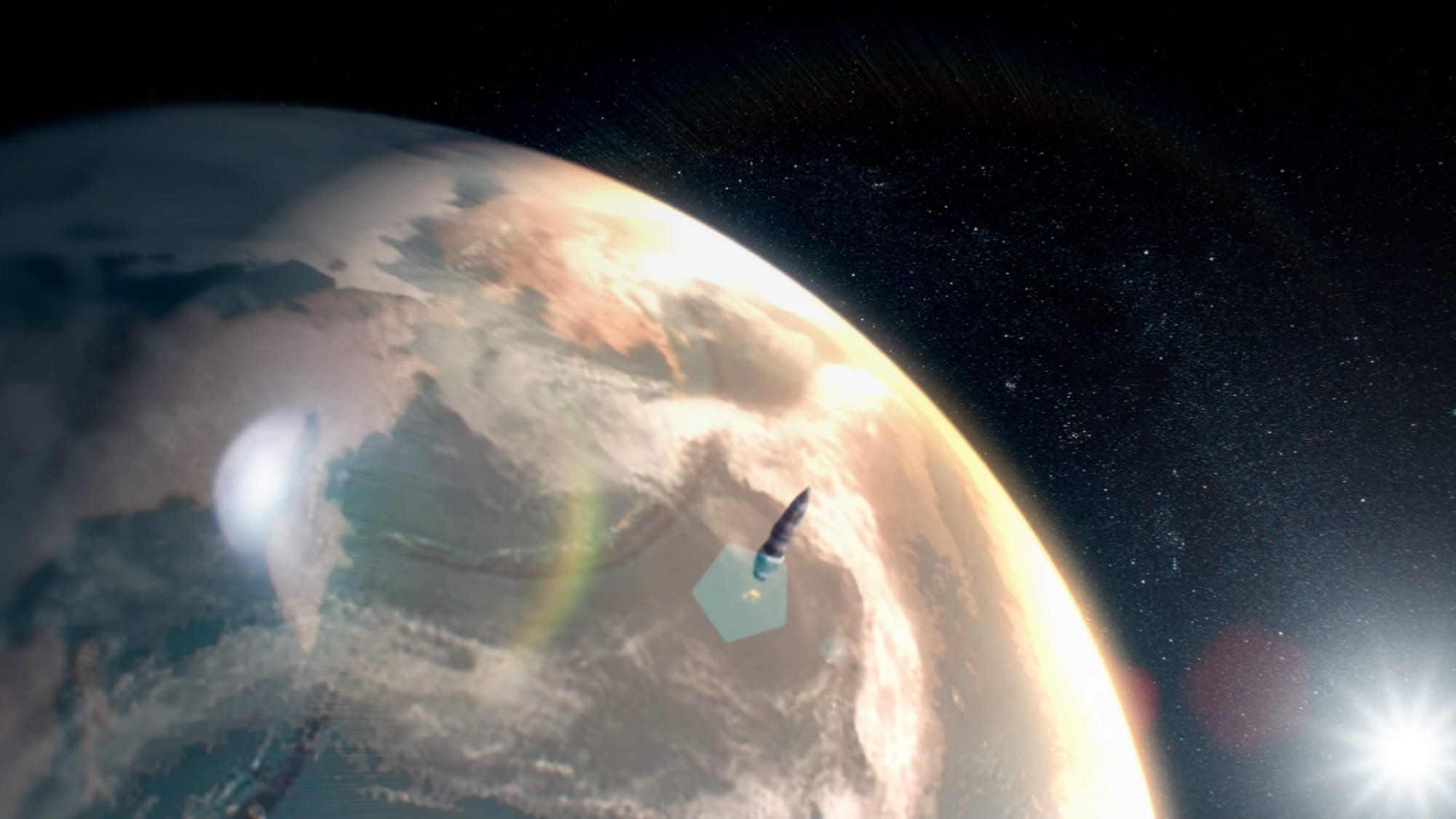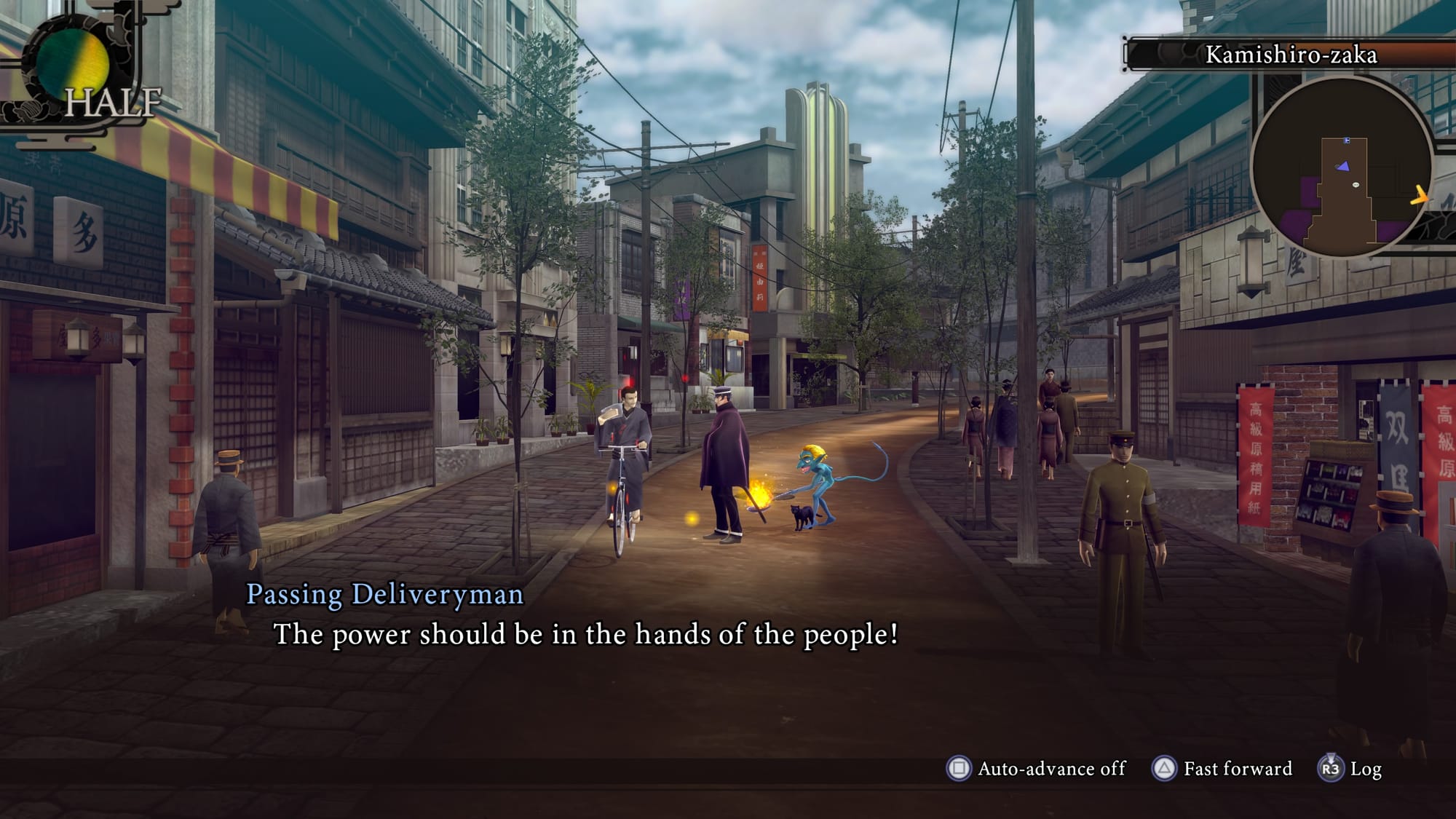Raidou Remastered: The Mystery of the Soulless Army [Review]
This one does NOT feature Dante, from the Devil May Cry series.
![Raidou Remastered: The Mystery of the Soulless Army [Review]](/content/images/size/w1200/2025/08/RAIDOU-Remastered_-The-Mystery-of-the-Soulless-Army_20250624120712.jpg)
When ATLUS created their classics in the PS2 era, Raidou was always infamous. It is one of the few action-RPGs that they've ever done, so it always had the fame of being “a great game that is being limited by its battle system”.
That's why I've always ignored it and never played it. Years later, and here's the remastered version that promises to fix just that. So I blindly jumped in, expecting to have something to love, like I had with Persona 3 FEZ and Shin Megami Tensei 3: Nocturne as a kid.

Everything is somewhat new to the franchise and to RPGs in general, like the 1930s “what if” scenario of a pre-WW2 Japan. Because of it, some demons are different from in other games of the series, so it was a pleasant surprise to see such a distinct roster, with many new ones that I've never seen in the other games I've played from ATLUS.
The art is great, both character design and demon design, and while the game doesn't have the fancy menus like Persona 3 Reload, it is still serviceable. The fusion system is here in full swing, and while the gearing is simplistic, it is nice to upgrade weapons and acquire new skills even from weapons that I wasn't using. The battle system isn't that great, it is very simple, but fun, and sometimes difficult with simple platforming. While exploring the different cities is enjoyable, and this is one of their games with the most amount of cities, the few dungeons are too linear and there's a “dark world” version of these cities that sometimes feels lazy.
Another unique mechanic is the detective work, that can sometimes be charming, but because this modern remaster adds quest goals and explicitly says where to go next, the detective nature of the game somewhat disappears, and only shows up on the few times that the game let me go. Everything is accompanied by a stellar soundtrack, the best part of the whole game, with nice music throughout.

Raidou: Remastered is impressively political. Mostly because of the era that it chooses and of the mythology that has as inspiration, something that I'm far from knowledgeable about. While clearly inspired by our real world, things are different enough, as the era of the setting of the game would've ended in the year it is presented (there wasn't a Taisho 20); and it is much more of a magical and spiritual world than ours. Although, yes, Raidou's job exists in secret, for some, it is an open one; this Edo (current day Tokyo) is not that apprehensive of Demons, Summoners and weird phenomena.
That creates an amazing setting, a mystical-noir detective adventure where everything can really be interesting, and if faced with seriousness and the political maturity it deserves, it can be the best ATLUS has ever done. It is not always the case, unfortunately: the political nature of the period and the anxieties of Japan cannot be ignored, and while the game is constantly and consistently about the inevitability of time and the necessity of progress – like the modernization from rickshaws to automobiles or the urbanization of life – it lacks the courage to really have definite answers. Raidou and the player are basically watchers of changes, not authors of it, and that contradicts most of the game's arguments.
Raidou is faced against a dissident of a future utopia. This person, from this future utopia, hates the future, and wants to change the past for it. Raidou (and the game's narrative) is against this, although, when pressured to make a point, a statement, it suddenly is apolitical, at the very end, with a generic and vague stance; so the player could envision the future as they want to. It didn't work for me. It lacks the courage to be relevant, and to say something meaningful.
The Mystery of the Soulless Army correctly pinpoints that a future riddled with wars and private interests will inevitably ruin humanity, and also correctly points out that equality is the only solution to such a dystopian end for humanity. Other than that, it doesn't say much: it isn't against or in favor of anything, it is a “catch-all” ending that can make the player see whatever it wants, be it to see it as politically charged – be it for the left or right – or to be just related to the events of the following games chronologically (SMT1 and SMT2). Still, it is undeniably coward.
7/10
